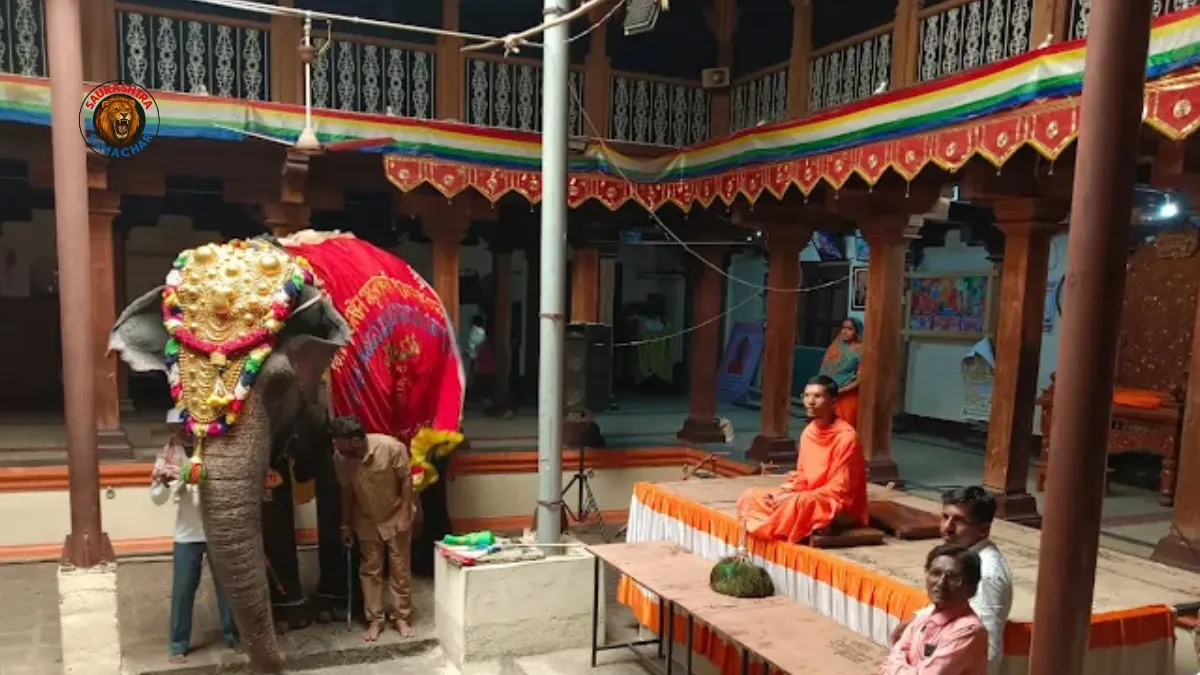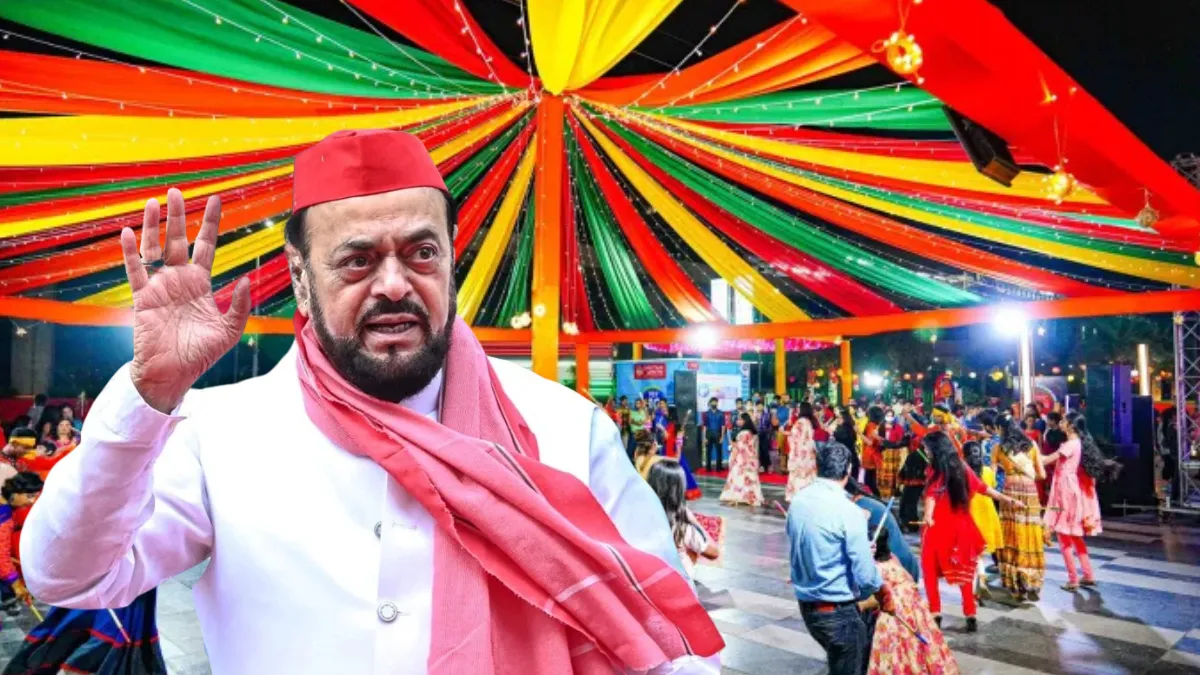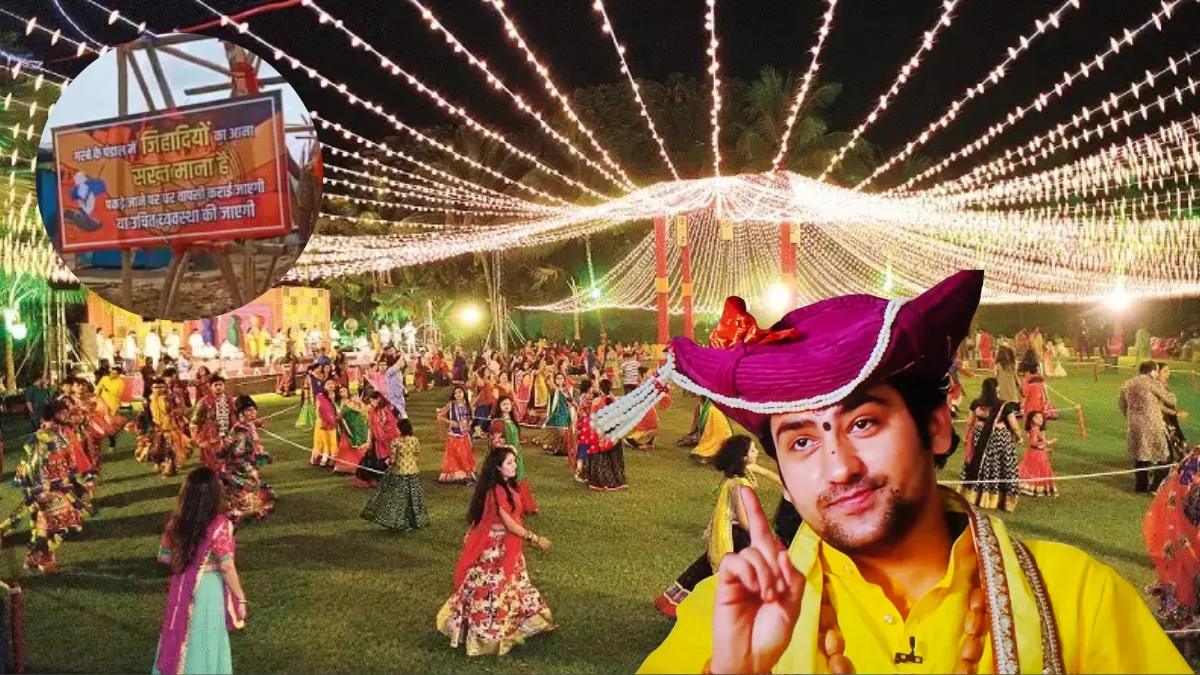Madhuri elephant news has been making headlines across India for weeks. This is not just another animal welfare story — it is an emotional journey that connects faith, compassion, and the complex balance between tradition and animal rights. Madhuri, also known as Mahadevi, is a 36-year-old female elephant who has lived for decades at a religious institution in Kolhapur, Maharashtra. Recently, her relocation to a wildlife rescue facility in Gujarat sparked widespread attention and debate.
The Beginning of the Journey
Madhuri’s life was deeply rooted in the traditions of the Nandani Jain Math in Kolhapur. She was considered a part of the spiritual family, taking part in rituals and becoming a symbol of devotion for many devotees. But over the years, Madhuri began showing signs of serious health problems — including severe arthritis, foot rot, and visible discomfort while walking. Animal welfare experts expressed concern that her environment, though full of love, could no longer provide the medical care and space she needed.
Why Madhuri Was Relocated
The decision to move Madhuri came after legal interventions. Animal rights organisations, including veterinarians and welfare advocates, pointed out that her medical condition required advanced treatment and open spaces for recovery. The Bombay High Court and later the Supreme Court approved her relocation to a specialised rescue and rehabilitation centre in Gujarat. This centre, managed by wildlife experts, offered facilities like hydrotherapy pools, veterinary supervision, and chain-free enclosures.
While the relocation was done for Madhuri’s health, it came as an emotional shock to the people of Kolhapur who saw her as a family member and spiritual companion. This mix of concern for her well-being and emotional attachment sparked a public debate.
Public Reaction and Protests
The relocation quickly became the focus of Madhuri elephant news. In Kolhapur, thousands of people, including members of the Jain community, took part in peaceful protests. One notable march stretched nearly 45 kilometres, with participants walking in silence to show their devotion to Madhuri and their wish for her return.
For the local community, Madhuri was more than just an elephant — she represented a living tradition. Her absence left a visible emotional gap. Many felt that even if she needed medical care, it should be arranged within Kolhapur rather than moving her far away from her spiritual home.
Government and Sanctuary Response
In response to the public outcry, the Maharashtra government engaged in discussions with the wildlife facility caring for Madhuri. The facility’s management expressed that they were open to sending her back to Kolhapur if her health and safety could be assured. They also offered to help build a dedicated rehabilitation centre in Kolhapur itself, equipped with modern veterinary care and spacious natural enclosures.
This proposal aims to combine the best of both worlds — preserving Madhuri’s spiritual connection with the community while also ensuring she gets the professional care she needs.
The Role of Animal Welfare in the Debate
One of the central themes in Madhuri elephant news is the balance between cultural traditions and animal welfare. Elephants are highly intelligent and social creatures. They require large, open spaces, mental stimulation, and medical care to live healthy lives. In captivity, especially when chained or kept in small spaces, they can develop both physical illnesses and stress-related behaviours.
Animal welfare experts stress that caring for elephants goes beyond feeding and sheltering them. It involves creating environments that allow them to behave naturally — walking long distances, foraging, bathing in water, and interacting freely. These factors have been central to the discussions around Madhuri’s future.
A Step Towards Reconciliation
The proposal to build a satellite rehabilitation centre in Kolhapur marks a significant step in resolving the issue. Such a centre would not only allow Madhuri to return but could also serve as a long-term facility for other elephants in need. It would be managed jointly by the local community, veterinary experts, and wildlife caregivers, ensuring both cultural respect and professional care.
This approach has been welcomed by many as a way to heal the emotional wounds caused by Madhuri’s departure while still prioritising her health.
Also read: Nandani Math Kolhapur: A Spiritual Heritage and Emerging Wildlife Sanctuary Hub
Looking Ahead: What the Future Holds
As the legal and administrative processes continue, the hope is that Madhuri’s next chapter will be written with both compassion and practicality. Whether she remains in Gujarat for a longer rehabilitation period or returns soon to a new home in Kolhapur, her story has already raised national awareness about the responsibilities of caring for elephants.
Her case has also highlighted how animal welfare and cultural traditions can sometimes be seen as opposing forces — but in reality, they can work together when the focus is on kindness, respect, and understanding.
Also read: Nandini Village Kolhapur: A Serene Blend of Nature, Culture, and Conservation
Lessons from the Madhuri Elephant Story
The entire Madhuri elephant news journey offers several lessons:
- Animal health must come first – Even beloved animals need professional care when health issues arise.
- Tradition and welfare can coexist – Cultural respect and modern care methods can be combined.
- Community involvement matters – When decisions affect deeply loved animals, involving the community in solutions can build trust.
- Awareness changes attitudes – Public discussions about Madhuri have helped many understand the complex needs of captive elephants.
Also read: Vantara Elephant News: A New Chapter in India’s Wildlife Conservation Efforts
A Symbol of Hope and Compassion
Madhuri’s story is more than a news headline — it’s a reminder that compassion is at the heart of both tradition and animal welfare. She is not just a symbol for the people of Kolhapur but for everyone who believes that respect for animals is a reflection of human values.
If the proposed rehabilitation centre in Kolhapur becomes a reality, Madhuri could live out her days surrounded by the people who love her, in an environment that supports her physical and emotional health. That would make her journey a story of hope, compromise, and shared responsibility.














